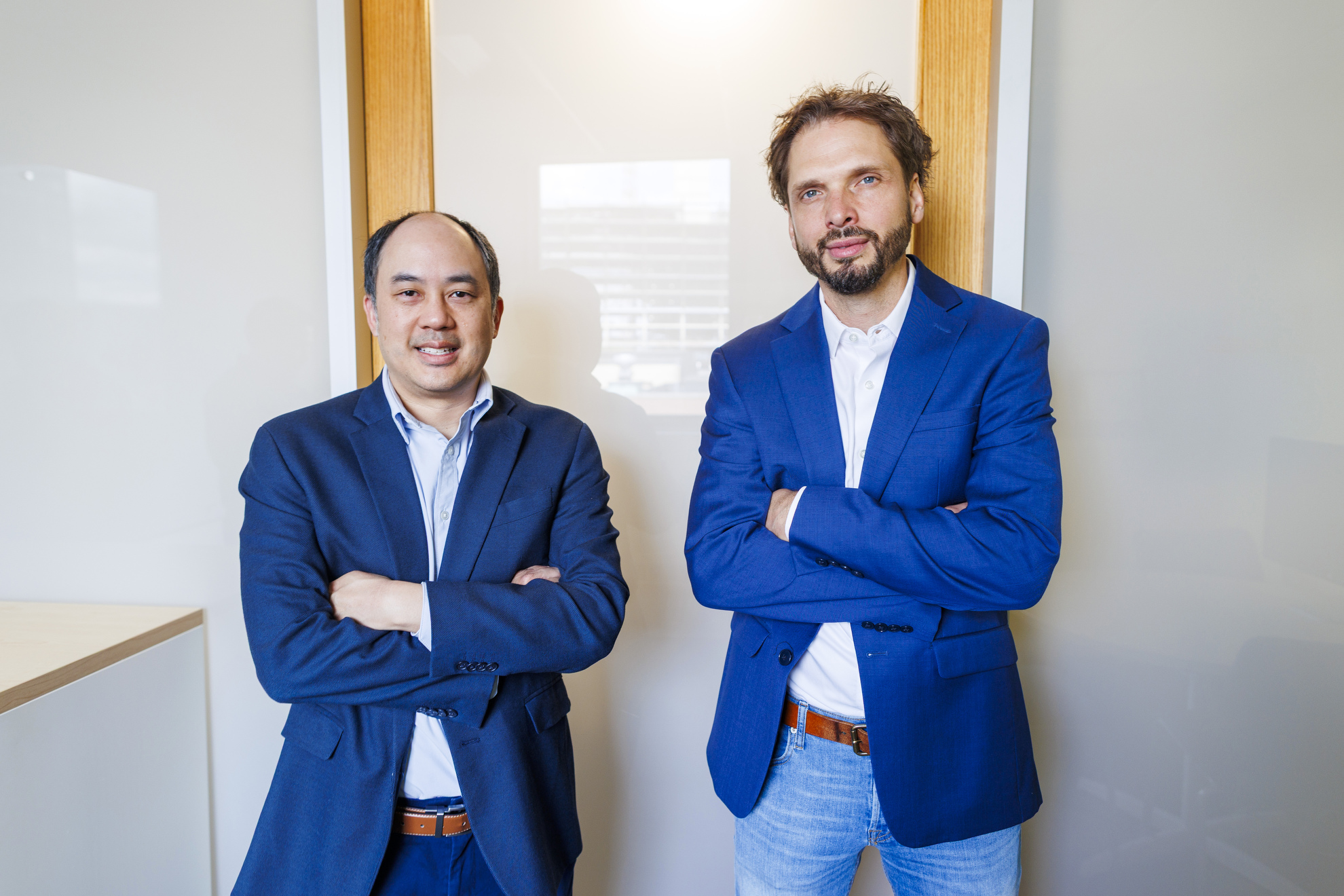
""A person's biological age is based on many factors, like lifestyle, genetics, and other health factors. How old a person looks could actually reflect their biological age.""
""The algorithm indicated that cancer patients' FaceAge averaged five years older than their chronological age, suggesting that an older appearance correlates with worse outcomes for cancer patients.""
Researchers at Mass General Brigham and Harvard Medical School developed FaceAge, an AI tool that predicts biological age from facial snapshots. By training the algorithm on over 58,000 images of healthy individuals and 6,000 cancer patients, the researchers found that cancer patients generally appeared five years older than their actual age. This suggests that a person's physical appearance can be indicative of their biological age and health outcomes, enabling oncologists to tailor treatments based on these insights and improve patient care.
Read at Harvard Gazette
Unable to calculate read time
Collection
[
|
...
]